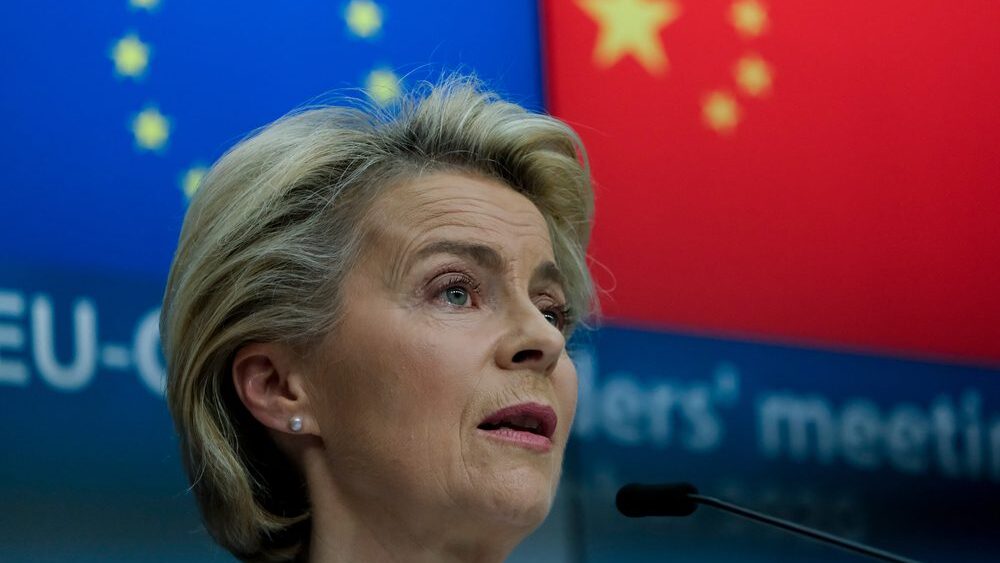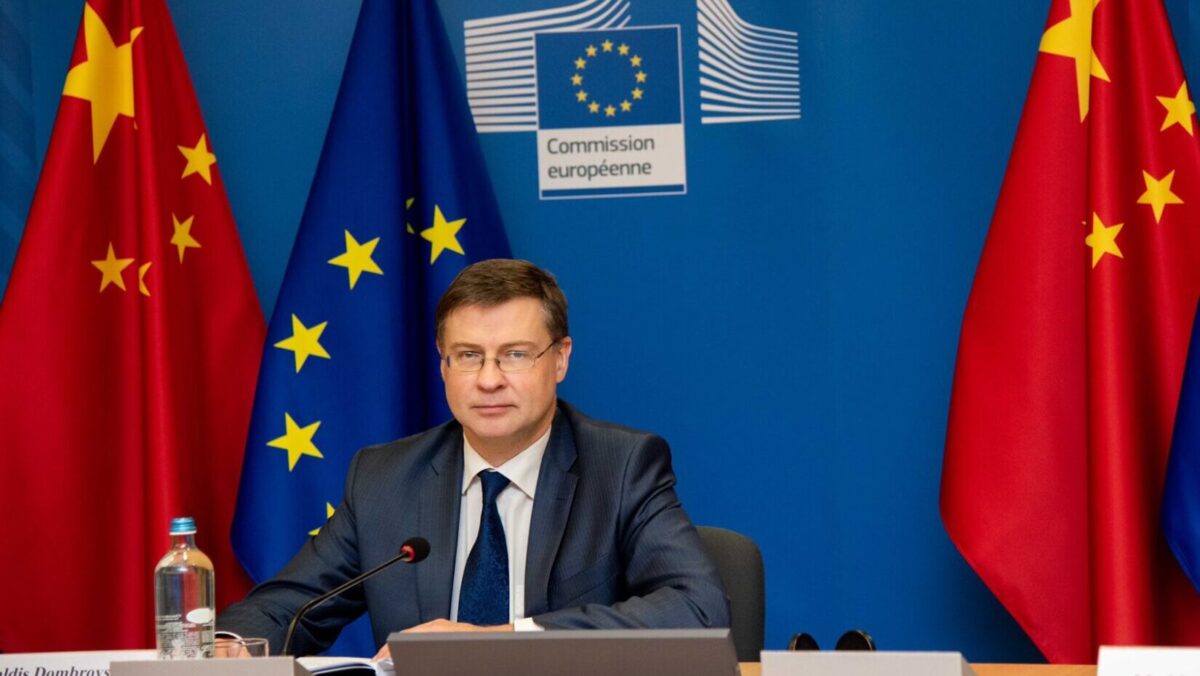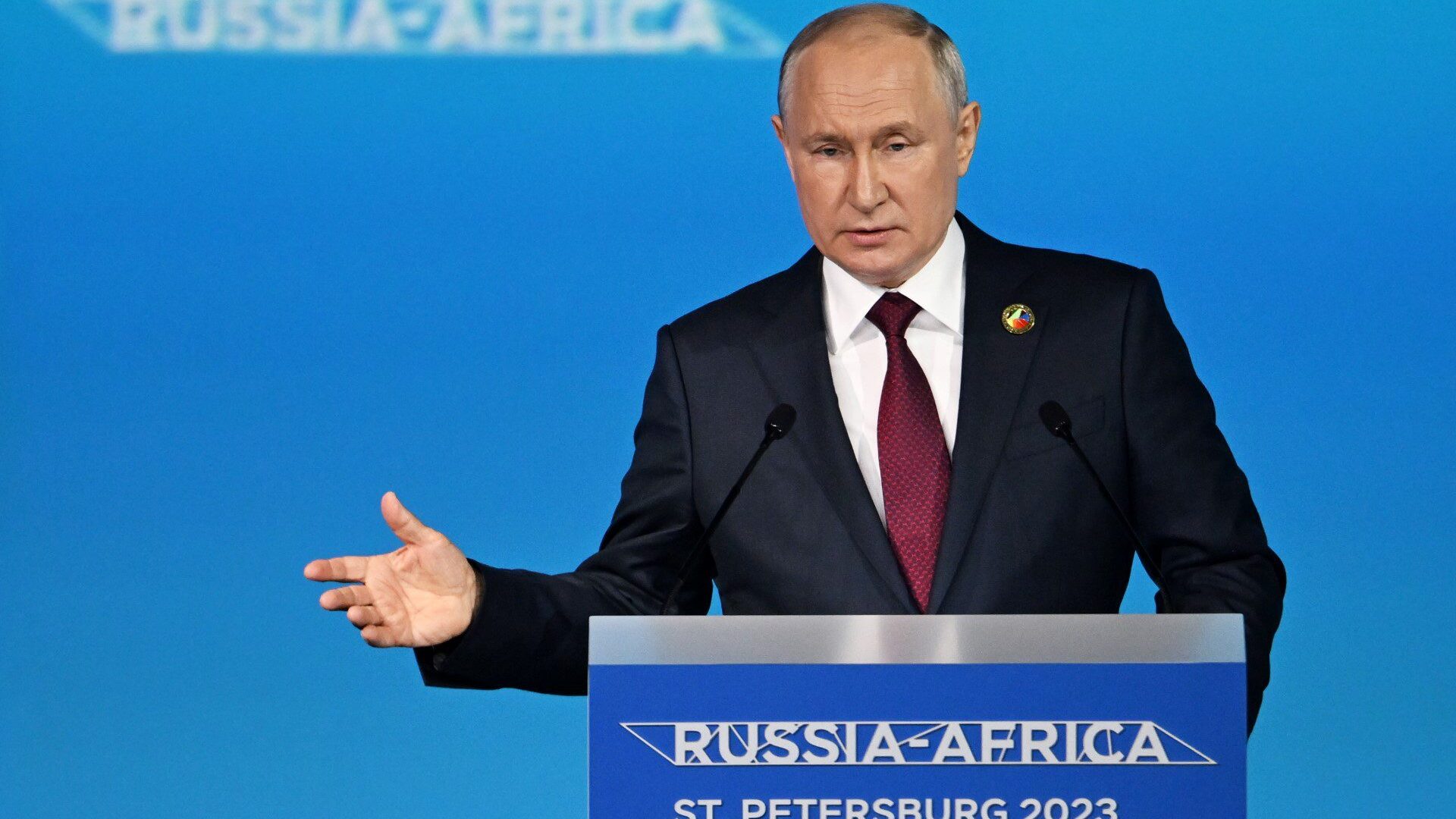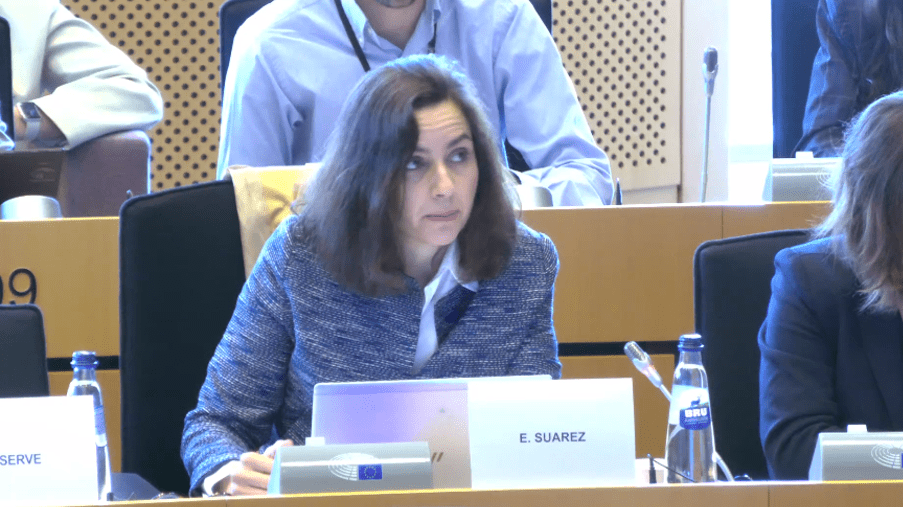
French Farmer Protests Halt EU Trade Talks With South America
Farmers say the trade agreement would flood market with cheap imported produce.

Farmers say the trade agreement would flood market with cheap imported produce.

Since joining the BRI in 2019, Italy’s exports to China increased by €4 billion while China’s exports to Italy skyrocketed by nearly €20 billion.

EU trade talks with China are part of Brussels’ broader ambition to reduce its foreign dependency for critical raw materials.

Australia backed off the deal after failing to secure EU commitments to bring down the trade barriers on meat and sugar exporters.

Commission officials will travel to Beijing in September for crunch talks on EU-China relations as Europe’s annual trade deficit with China doubled to €400bn in two years.

The EU is looking for a viable regional partner against China and sidelined previous human rights objections to kickstart free trade negotiations this week

The Brexit debate is set to potentially reignite over new customs arrangements set for October.

The statement comes as Russia hosts 17 African heads of state at this week’s Russia-Africa Summit in St. Petersburg.

Despite a wish by MEPs to pursue a bilateral deal with Taiwan business groups, the EU Commission warned that any embrace of Taipei could jeopardise already tense relations with China.

During a VOX campaign event, Italy’s Giorgia Meloni shared her vision for a united Europe’s future policy on Africa and migration.